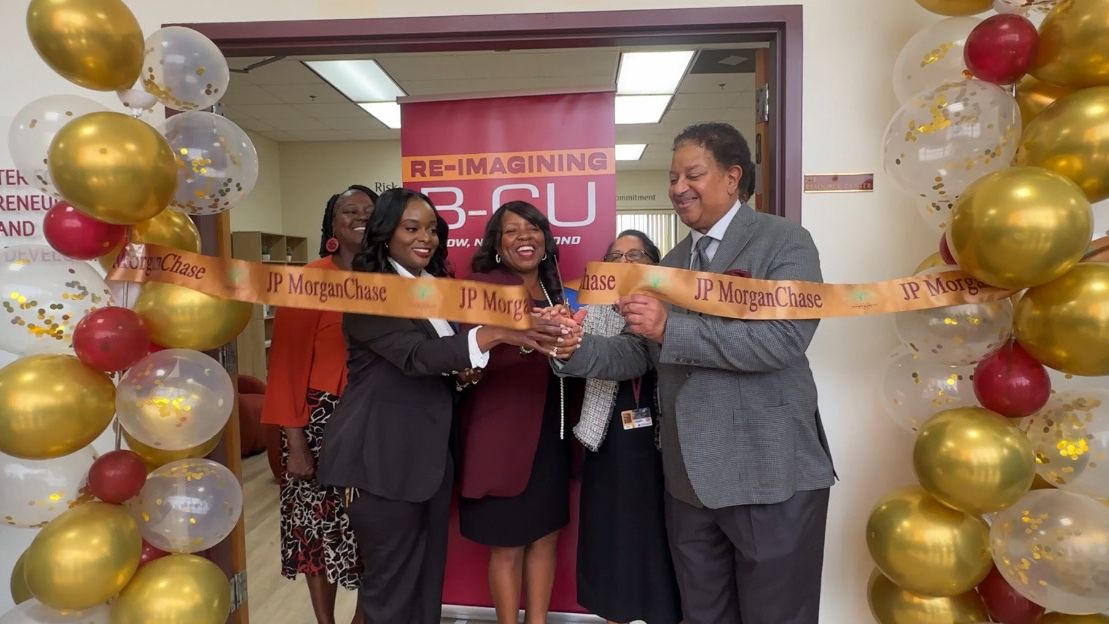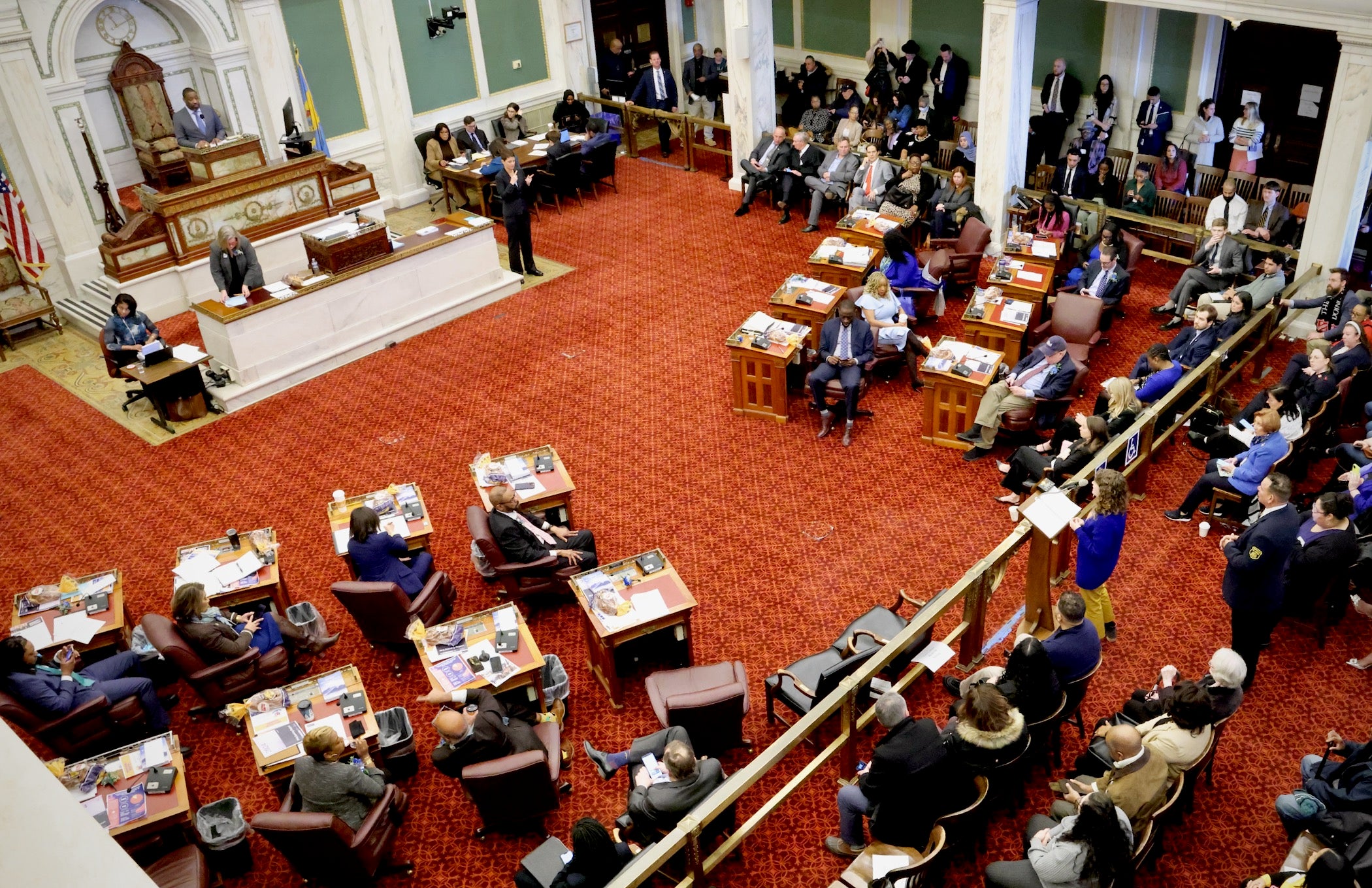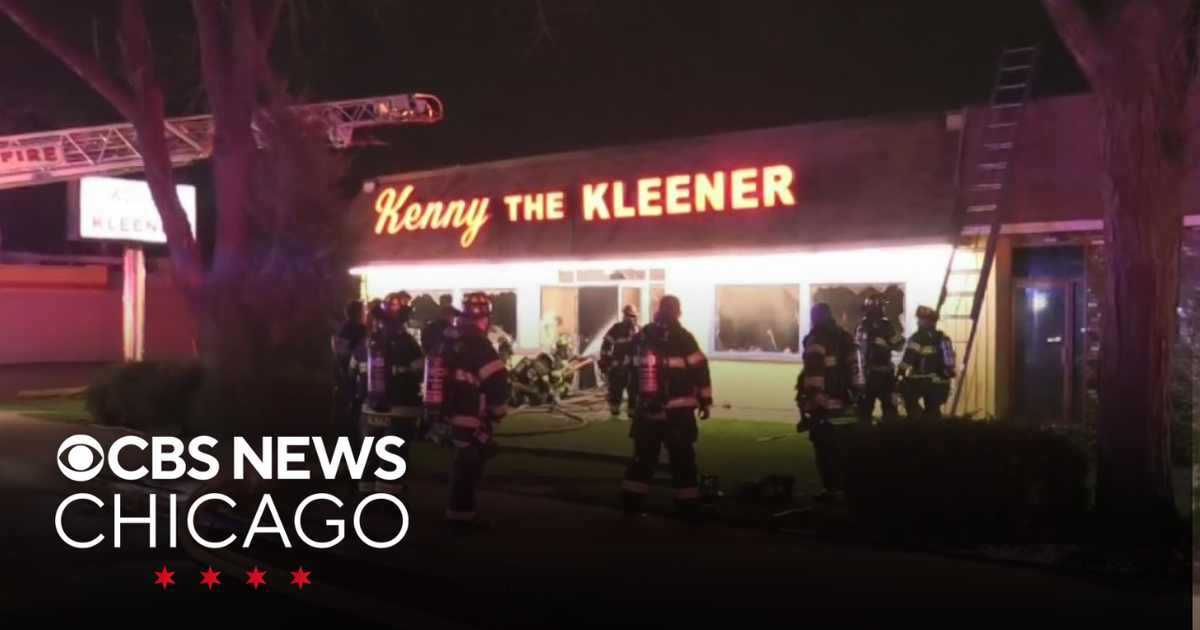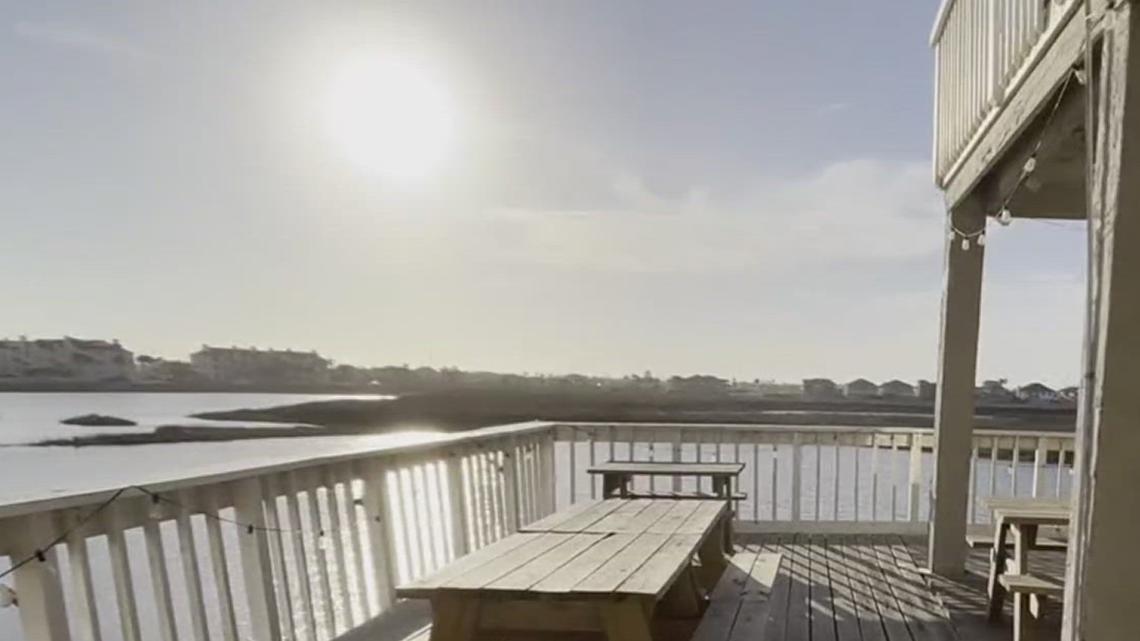Pedal Predicament: Local Businesses Clash with Maryland Cycling Classic's Street Takeover
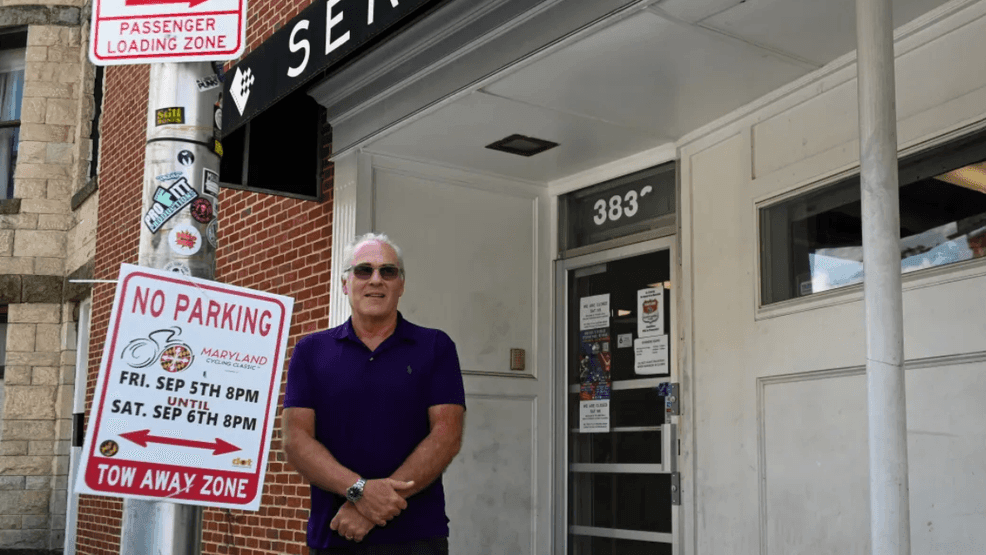
Local business owners in Hampden are expressing frustration and surprise over the planned route for the upcoming Maryland Cycling Classic. The event's course will temporarily shut down two major thoroughfares—Falls Road and Roland Avenue—causing unexpected disruption for small businesses in the neighborhood.
Merchants along these key streets are feeling caught off guard by the road closures, which they claim were not adequately communicated beforehand. The sudden announcement has raised concerns about potential impacts on foot traffic and daily operations during the cycling event.
The Maryland Cycling Classic, while promising to be an exciting sporting event, has left many local entrepreneurs worried about the potential economic consequences of the road closures. Small business owners are scrambling to understand how the race route will affect their weekend operations and customer accessibility.
Local stakeholders are calling for more transparent communication from event organizers to help businesses prepare and mitigate potential disruptions. As the event approaches, tensions remain high in this tight-knit Baltimore neighborhood.

